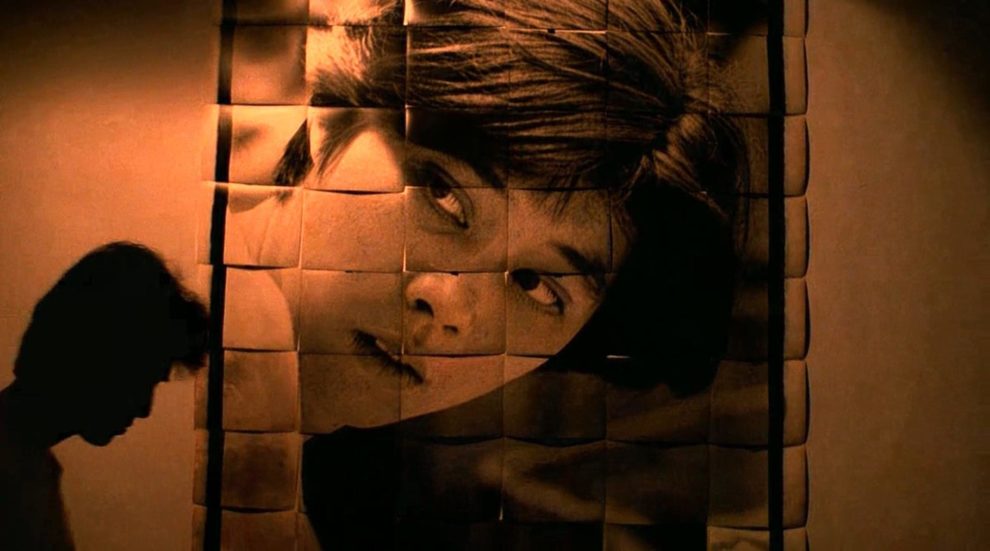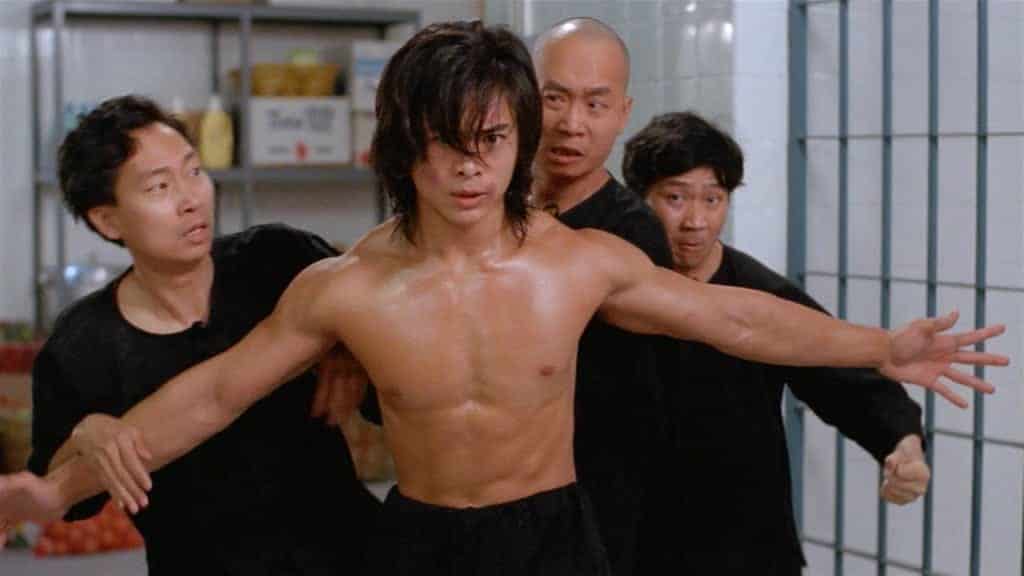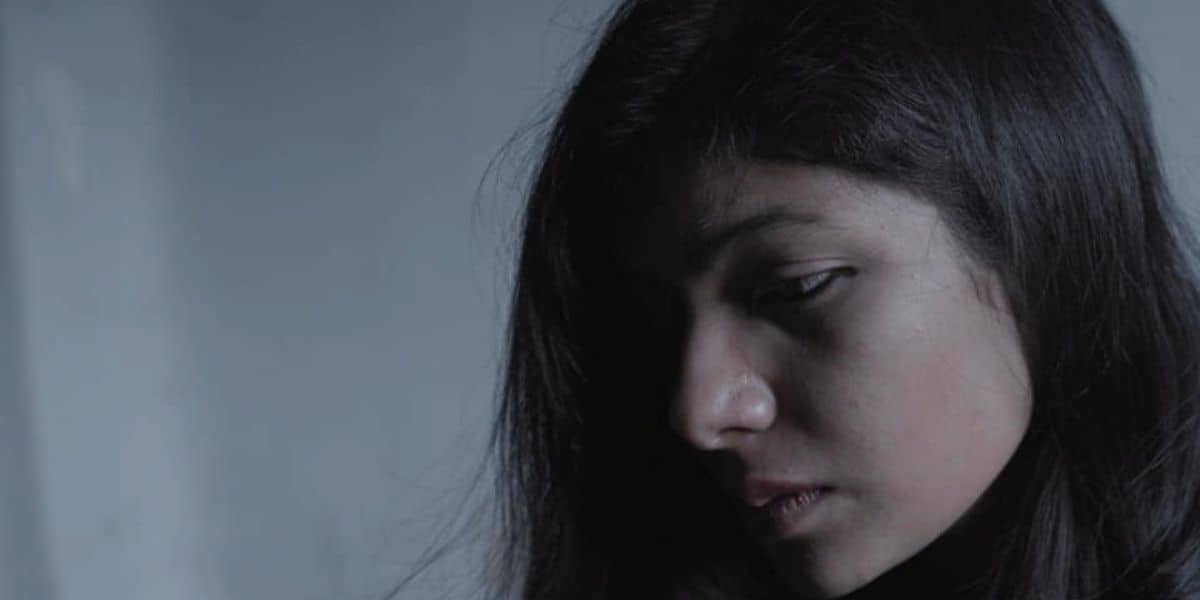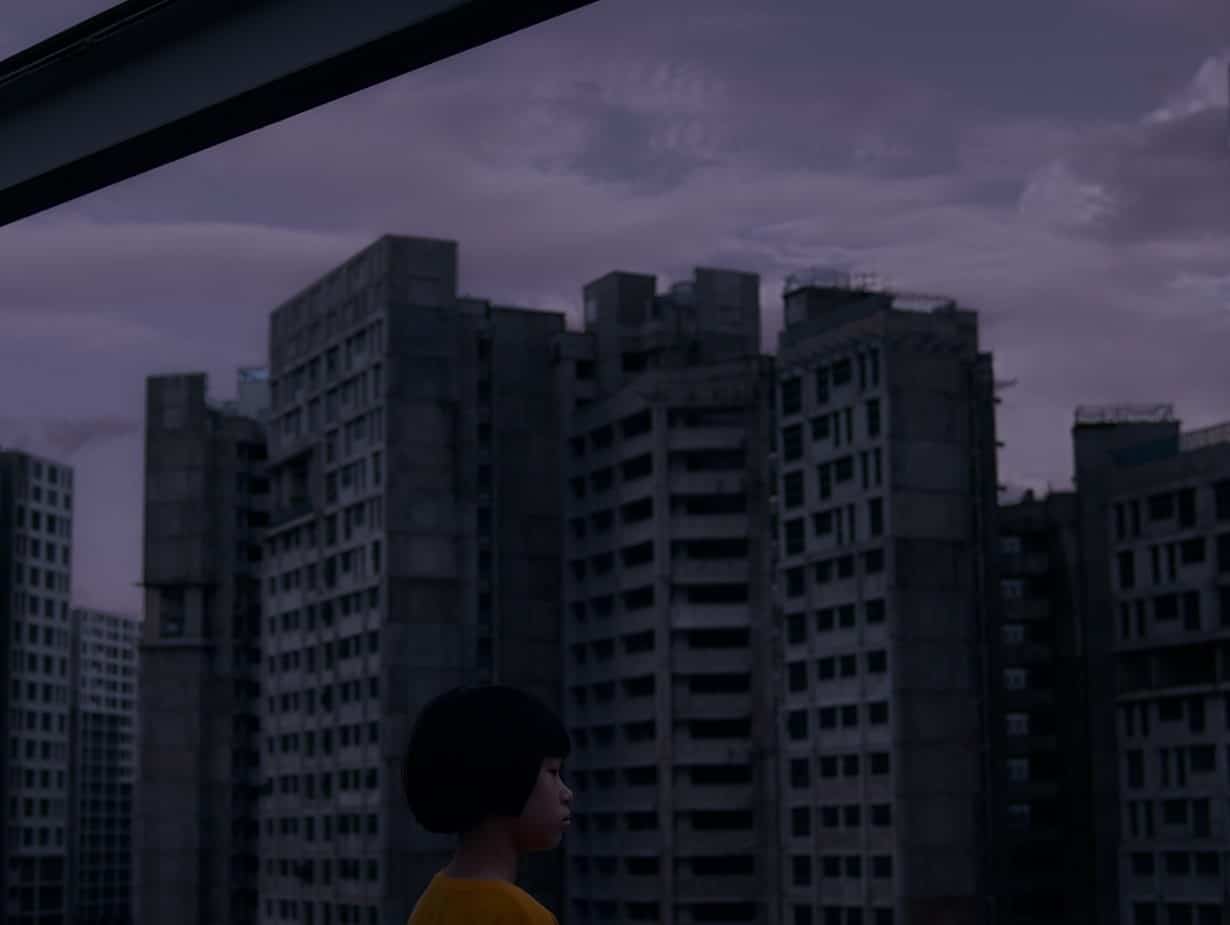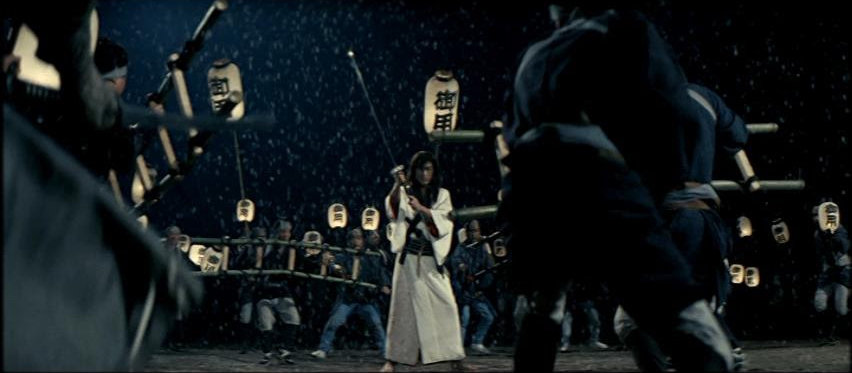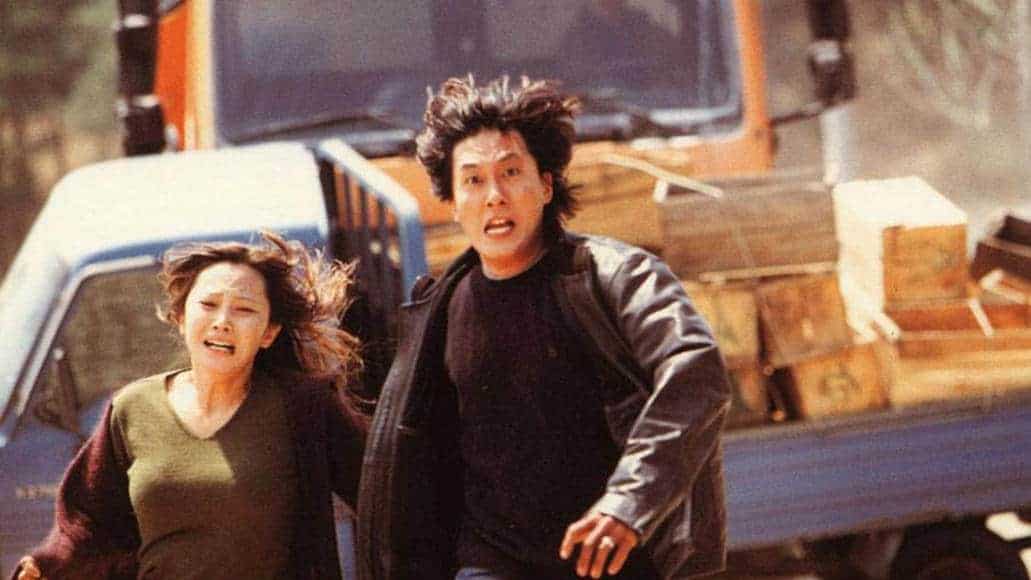In his third directorial effort, Taiwanese filmmaker Edward Yang once again told a story about the relationship of people within the urban space, in this case, as with many of his other works, the city of Taipei. Along with his previous movies, it further manifested Yang's reputation and inclusion as a founding member of what film scholars called the “Taiwanese New Wave” which represented a farewell to the old ways of making movies, formally and thematically. Apart from “The Terrorizers” being awarded upon its screening at the Locarno Film Festival, it would continue to receive many more honors, along with critics praising it as a work reminiscent of the movies by Italian filmmaker Michelangelo Antonioni, especially “Blow-Up” which seems to have inspired the narrative strand revolving around the young photographer played by Mao Shao-chun.
Buy This Title
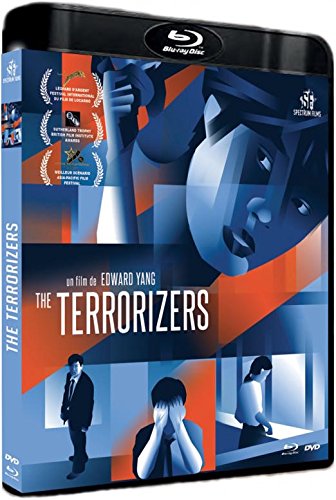
The story, which deals with the lives of three couples living in the Taiwanese capital, begins with a shooting in broad daylight. Upon the arrival of the police, one of the shooters along with his female companion (Wang An) attempts to flee the scene, resulting in the shooter being arrested and the woman managing to escape, though badly wounded from the fall from the window. During her escape, she is followed by a young amateur photographer (Mao Shao-chun), who came by the shooting by accident and took pictures of the whole event. After the woman was also arrested and questioned by the police as well as the photographer making it home, the two of them are unable to shake the effect the events of that day had on them, with especially the photographer becoming obsessed with the pictures, resulting in a terrible fight with his girlfriend.
Meanwhile, the marriage of author Zhou Yufen (Cora Miao) and her husband Li Lizhong (Lee Li-chun), a successful doctor, is also experiencing a severe crisis. Frustrated due to writer's block and the deadline for her new novel approaching, Zhou expresses that she feels trapped within their life and their apartment, and has thoughts about possibilities to lead a very different life. Especially the encounter with her ex-husband Shen (Chin Shih-chieh) makes her question whether she is truly happy with her marriage and her current job. When finally she receives a mysterious call from a woman wanting to speak to Li, she decides it is time for some drastic changes in her life.
Edward Yang's cinematic landscapes of modern urbanity and its inhabitants tell stories of estrangement and isolation. Even though the characters in “The Terrorizers” and their stories intersect briefly during various points within the overall narrative, they remain mostly unaware of the other's presence and their significance for the current state of events. Stories and most specifically pictures represent ways to approach and possibly understand the world and the other person. However, for people like the young photographer or Zhou Yufen, the core of their frustration lies within these aforementioned items, which instead of making them approach the world, only highlight their isolation and their deep crisis of faith.
On an aesthetic level, Yang's direction and Chang Chan's cinematography further emphasize the emotional state of the characters. Seemingly disparate scenes and images will only later make sense for the characters (and the audience) when the full meaning (or the possibility of such) becomes more apparent, while long, mostly static takes show the scale of isolation of these characters within the city.
Whereas Antonioni saw modernity, urbanity and technology as features which would emphasize alienation and isolation, in the case of Yang's “The Terrorizers” is the nature of people's relationship which is to blame for this condition. Some of the most painful scenes involve characters who, by definition, should know each other, but instead remain either silent or trapped within empty, helpless phrases like, for example, the arguments between Zhou and Li. For these characters, these relationships, these lives have constructed a prison around them, resulting in them trying to find ways to escape and re-invent themselves. Their decisions along the way never fail to have an emotional and dramatic impact on others, their husbands, wives and friends who, little by little, lose any sense of security in their lives.
In the end, “The Terrorizers” is a strong blend of drama and crime as well as an intriguing portrayal of the city and its inhabitants. Dues to Yang's precise direction and the overall great performances of his ensemble cast, the director manages to tell a mesmerizing story about estrangement, alienation and how relationship can become mental prison, which we have built over time.


